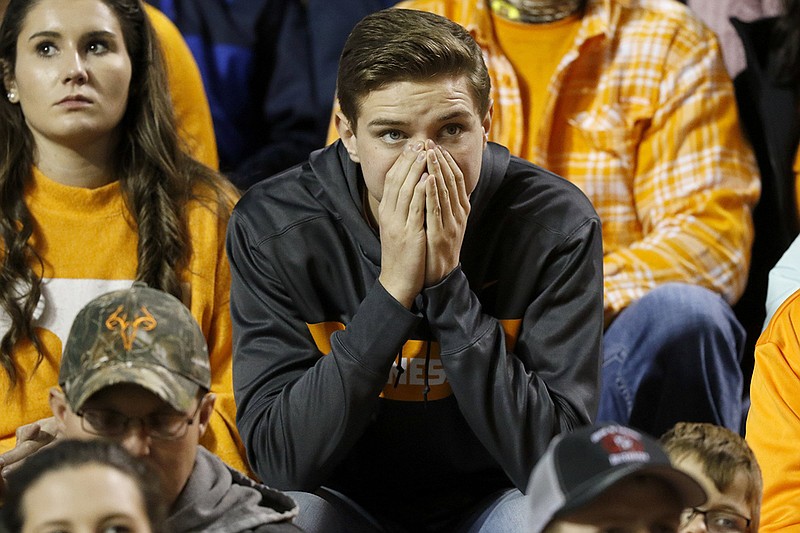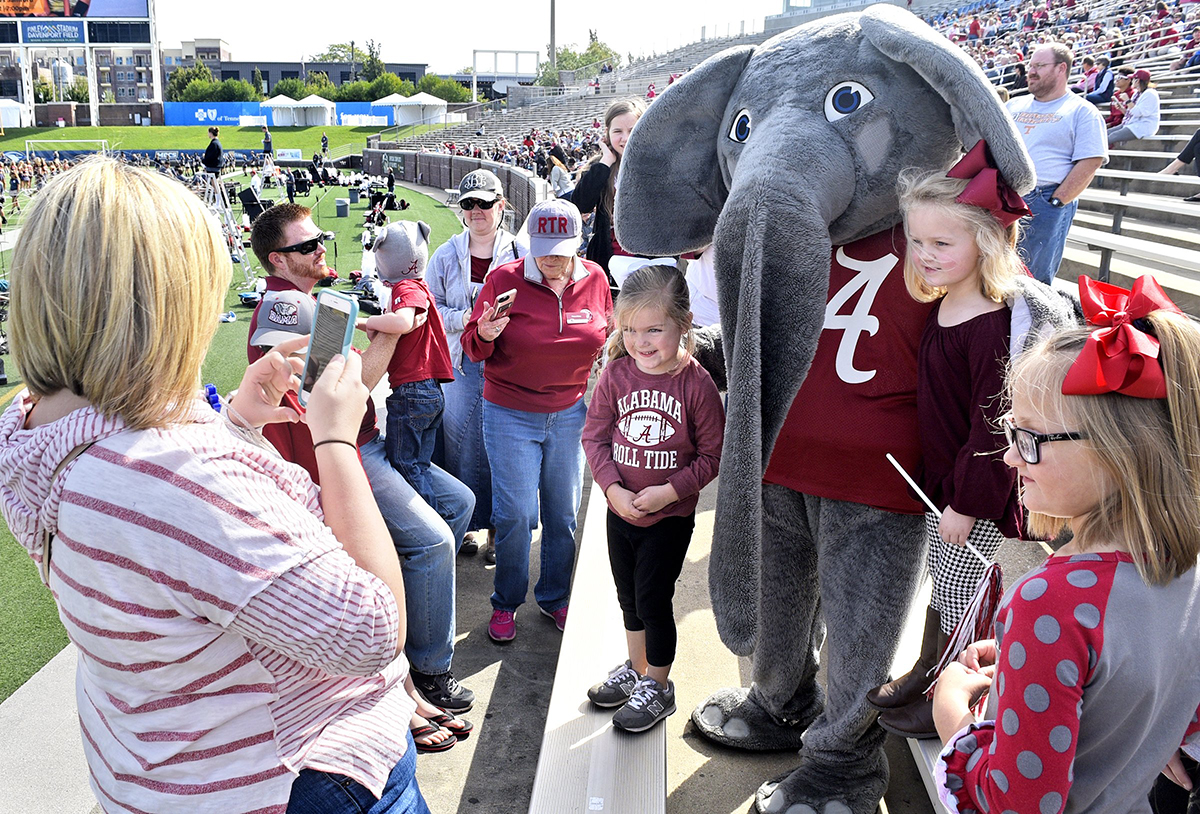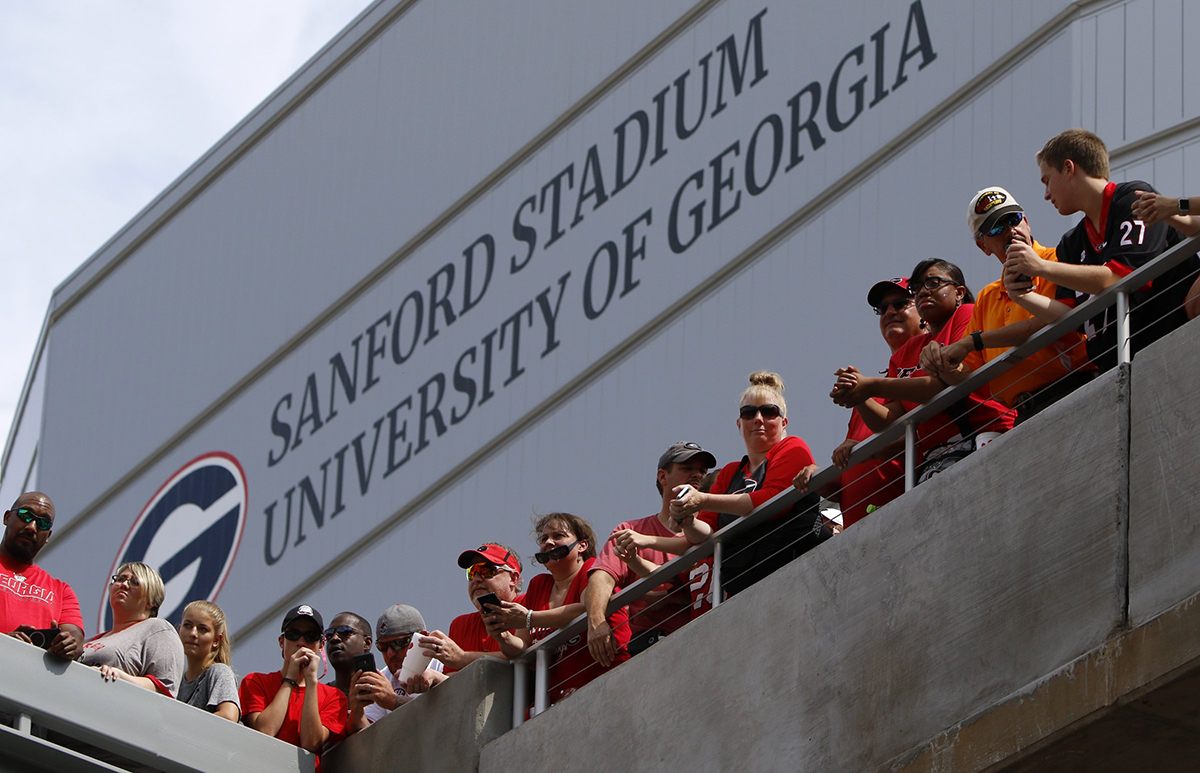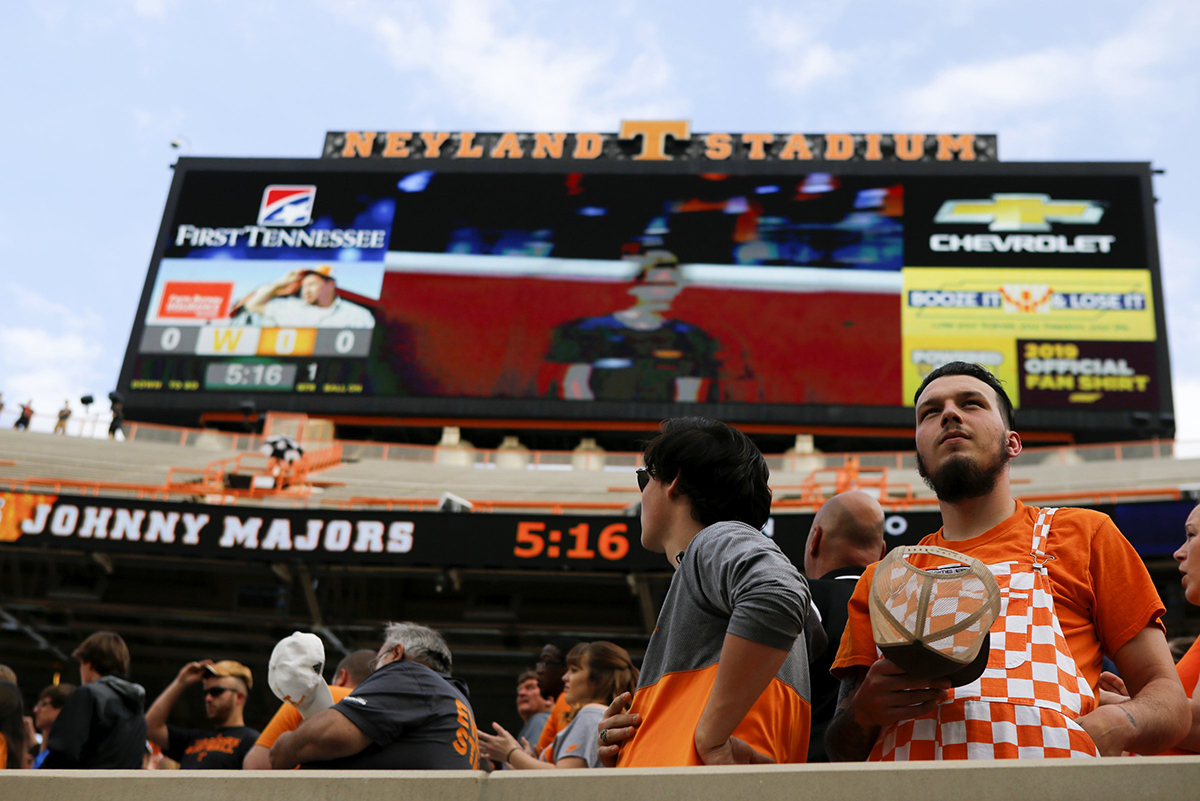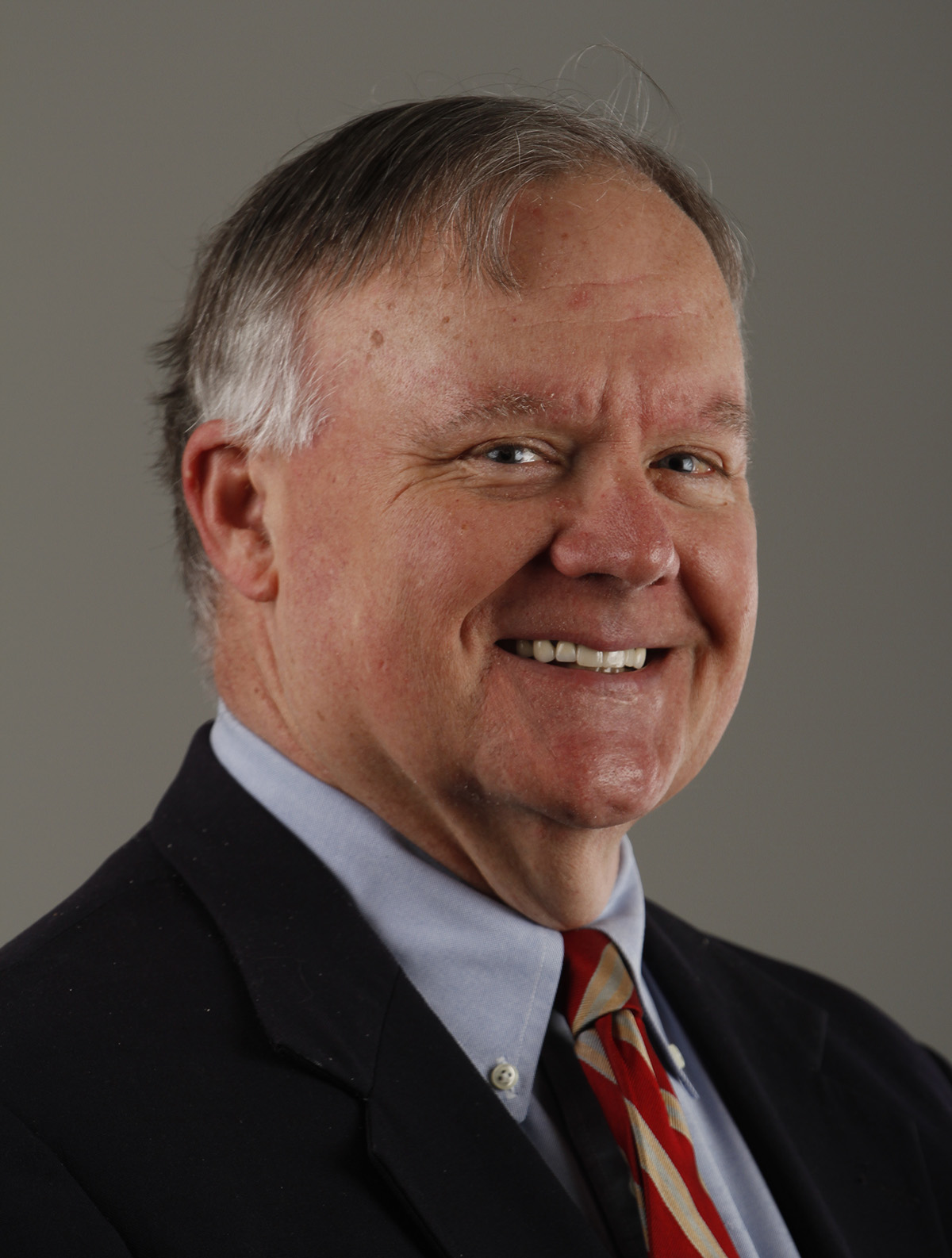The two quotes appeared in a column John Clay wrote this past Saturday in the Lexington (Kentucky) Herald-Leader.
The first was from former Alabama quarterback and current SEC Network analyst Greg McElroy, who spoke at Red Bank Baptist Church's "A Night of Champions" last summer.
Said McElroy on ESPN's "Golic and Wingo" show last week when asked about the possibility of a 2020 autumn without college football: "Right now, football has to be played. Literally, it has to be played. So they are going to play come hell or high water. It's going to happen."
To add to that, Florida State athletic director David Coburn reportedly told his school's board of trustees on Friday of that same possibility: "I would just say God help us if that's the scenario."
We all know how important college football is for any athletic department, especially for Power Five conference programs such as Alabama, Auburn, Clemson, Florida, Florida State, Georgia, LSU, Notre Dame, Ohio State and Tennessee.
Those football programs carry the weight of nine-figure athletic department budgets on their shoulders. To do without them, even for a single season, could be catastrophic to the budget for not only football but most every other sport, from men's and women's college hoops to baseball to softball to gymnastics to soccer.
But we're also living in a time when nothing is certain except uncertainty. So it's somewhat irresponsible for anyone to say in mid-April that by September we'll be playing football or doing pretty much anything else that requires close personal contact by either the participants or the fans.
Because of the coronavirus, we just might still be pretty much confined to our homes. The economy may further tank. Much further, in fact. We may run out of perishable food, especially meat. We may be forced to wear face masks rather than having that merely be suggested as a wise option.
Or maybe, in some truly miraculous turn of events, we'll wake up one morning and all of this will be behind us. No new cases will be reported. A treatment will be found to work. A vaccine, though not yet officially approved, will have shown tremendous promise. All the jobs lost will return for the folks who lost them.
Maybe.
But what if none of that happens? Or worse, what if we start to reopen the country, only to have a second wave of the virus sweep down to stop us in our tracks - or even push us further backward?
But just in case universities don't reopen as hoped for in the fall, and the return of college football and every other sport remains on hold, here's a suggestion for all those whining about college athletes basically being treated as slaves, despite having been rewarded a free college education for playing a sport.
Take all the student-athletes in big-time college football and men's basketball - because those are the poor put-upon souls who are supposedly giving so much more than they're getting back - and force them to work for two months in the kind of job they could land without having gone to college.
They have to exist on that salary alone, work those hours and reside in housing that would mirror that income. No dorms. No steak and shrimp at the training table. A small apartment and cheap food, such as boxed mac and cheese.
But when those two months end, they also go work a full-time job for two more months reflective of someone starting out with a college degree in the career of their choosing. They earn that salary, live in a residence that reflects that pay, adapt to that income and work environment.
Just a hunch, but after having four months to compare the two, there might be a lot less griping about the treatment of college athletes. Especially if this pandemic makes them wonder whether pro sports as we've known them will ever again exist.
Because I started this column with two quotes, I'll end it with two Sunday quotes from governors whose states have been ransacked by COVID-19 - Louisiana's John Bel Edwards and New York's Andrew Cuomo.
Said Edwards of the case numbers beginning to slightly improve in his state: "As always, I want to remind everyone that it's going to take all of us working together and for some period of time to defeat this virus, get back to life as normal. We're not going to see that for a while, and I suspect we won't fully see it until after there's a vaccine that's administered to the entire population."
Said Cuomo of the Empire State, easily America's hardest hit to date by both cases and deaths: "If we went through this, and lost all of these people and forced the essential workers and the hospital workers to do unbelievable tasks to get us through this crisis, and we recreate the crisis, then shame on us. We can control the beast. Yes, but the beast is still alive. We did not kill the beast - and the beast can rise up again."
And if killing the beast means killing college football for a year, so be it.
Contact Mark Wiedmer at mwiedmer@timesfreepress.com. Follow him on Twitter @TFPWeeds.
